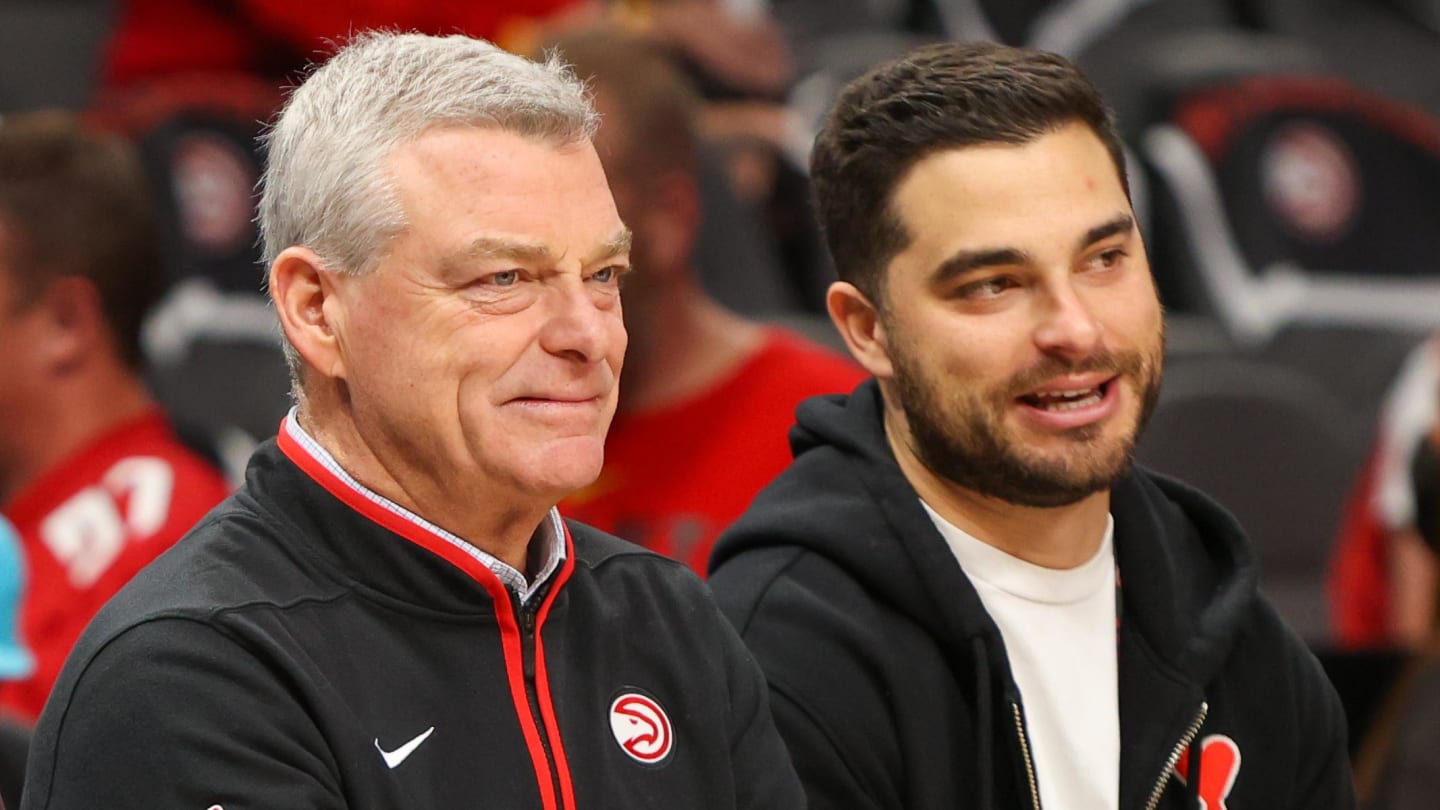Antony “Tony” Ressler led the group that purchased the Atlanta Hawks in 2015.
He is now ready to expand his reach into the world of sports. Among Ressler’s many business ventures, he is Co-founder of Ares Management.
“The NFL on Tuesday approved the introduction of private equity in team ownershipfinally bringing a lucrative source of capital to America’s largest and most dominant professional sports league,” Front Office Sports’ Eric Fisher wrote on Aug. 27.
“No governance rights in the teams will be included in any of the deals. The companies involved will also be required to hold their stakes in the teams for at least six years. There is also a requirement that the NFL take a percentage of sales of stakes to private equity funds, called a “carry.” The level of this fee will vary, but in theory the practice differs from the private equity policies adopted by other major U.S. leagues.”
The league can also force the sale of a company’s stake if it violates league terms.
Private equity is a polarizing topic in the sports world, with international ventures being one of the most controversial subtopics.
Private equity firms investing in sports franchises is a relatively new movement, with Sportico’s Brendan Coffey reporting that The first occurrence took place in 2006This rapid expansion, combined with increasing television revenues, had a direct impact on rising salary caps and expenses.
There are other notable details about what these companies can do.
“THE League vote highly anticipated“The decision, made at a special meeting here, will allow private equity investors to own up to 10 percent of an individual team, less than other comparable leagues, which allow up to 30 percent,” Fisher wrote. “An approved company can own interests in up to six teams. The vote for approval was 31-1, with the Bengals the only ones opposed.”
Ressler, whose son Nick Ressler is on the Hawks Executive Staff as a senior adviser to the governor, also owns a minority stake in Major League Baseball’s Milwaukee Bucks.
Governance rights are essential, in conjunction with the number of teams companies can invest in.
It’s just another step in a trend that began less than two decades ago and is expected to continue to drive up money tied to sports teams whose valuations have already skyrocketed in the modern era.
What does this mean for the Hawks, of whom Ressler is the top governor? Probably very little in the grand scheme of things.
This is unlikely to reverse the trend of billionaire reluctance to pay the luxury tax for the list.
The best teams tend to be the ones that spend the most. But there is a legitimate argument for why it is important to see the results before investing so much. For every success, there are more failures, with roster turnover being a normal part of today’s NBA.

